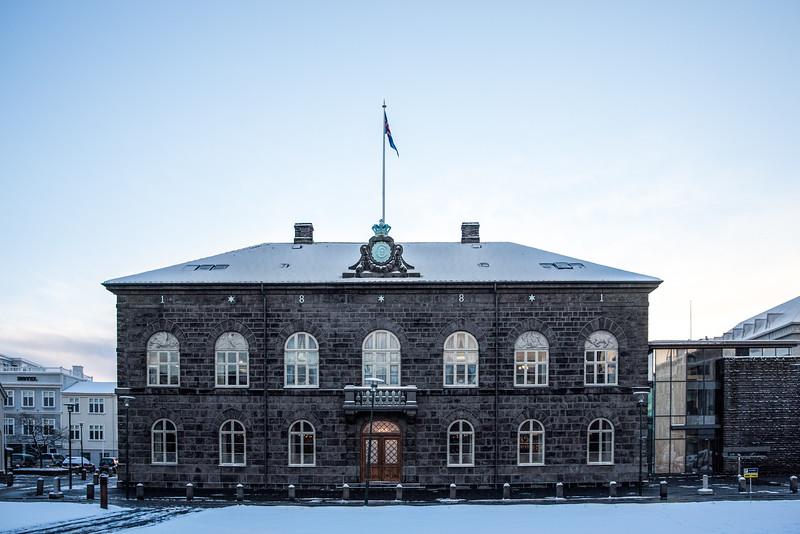Following the collapse of the government last week, it has now become clear that Icelanders will vote in a new parliament, the third one in five years. The national election will take place on October 28. President Guðni Th. Jóhannesson said Monday it was clear there was no chance of forming a new government from the existing parliament. This gives the parties a short time to prepare, as the last day to file is October 13.
Prime Minister Bjarni Benediktsson resigned Saturday after one of the parties in his center-right coalition administration quit over an attempt by the prime minister’s father to help clear the name of a convicted pedophile.
The 2016 election resulted in a divided parliament and led to weeks of wrangling before the formation of a three-party coalition government. Benediktsson took office in January, uniting his Independence Party, the Reform Party and the centrists. Together they held the slimmest of majorities — 32 of the 63 seats in parliament.




